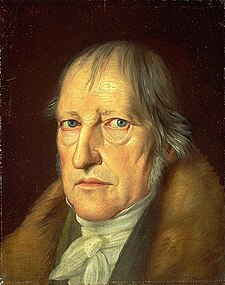Conférence – Les Trésors de la bibliothèque :
Traduire Platon à la Renaissance
Une présentation de la première traduction inédite du Phédon de Platon
en langue française
Par Charles Le Blanc
Professeur agrégé à l’École de traduction et d’interprétation
Le 11 février à 12 h
Pavillon Morisset (MRT 039)
Lecture – Treasures of the
Library: Translating Plato during the Renaissance
Presentation on the first
known French-language translation of Plato’s Phaedo (In French only)
By Charles Le Blanc
Associate professor at the
School of Translation and Interpretation
February 11 at 12:00 pm
Morisset Hall (MRT 039)
 |
| Source : Wikipedia |
Un élément caractéristique de la Renaissance est la montée en force de
la philosophie de Platon par rapport à celle d’Aristote qui est surtout
associée à la fin du Moyen-Âge. Cette prédilection pour une relecture des
œuvres de Platon a entraîné un effort de traduction renouvelé dont témoigne
le « Manuscrit d’Ottawa ». Ce trésor de la Bibliothèque de
l’Université d’Ottawa, conservé aux Archives et collections spéciales, présente
une traduction inédite du Phédon de Platon, soit la première traduction d’une
œuvre de Platon en langue française. La conférence s’articule autour de
ce manuscrit et procède à sa captivante mise en contexte.


